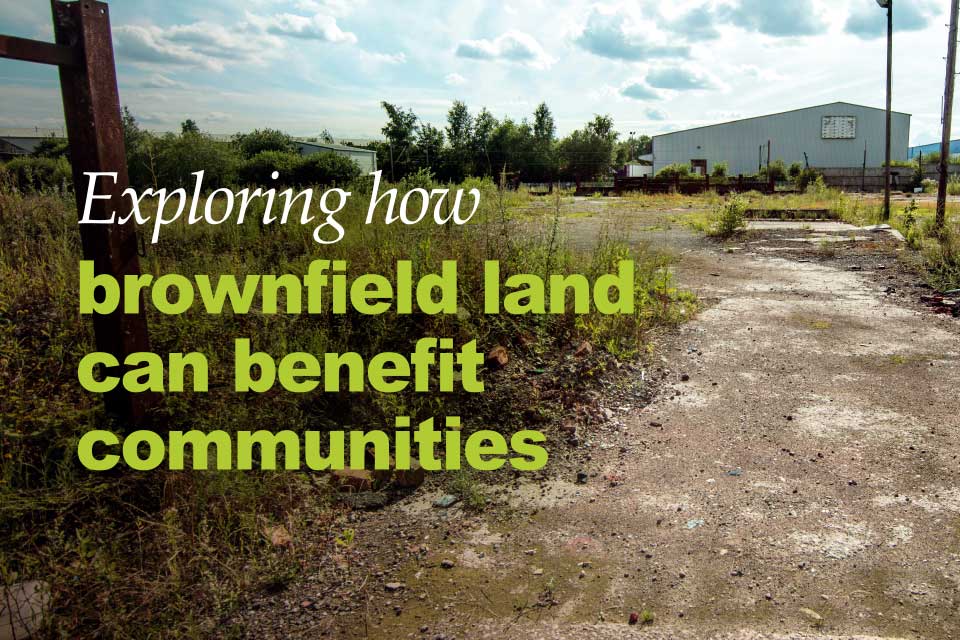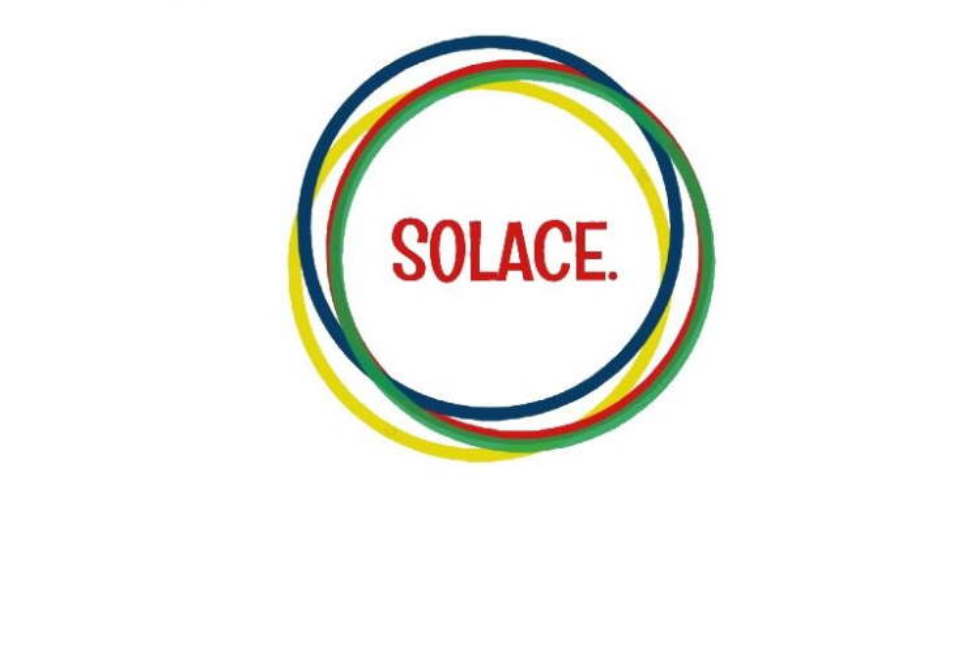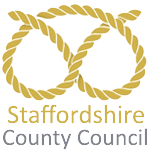Communicating sustainability
How we communicate about sustainability is crucial to engaging different stakeholders in the different sustainability challenges we face and the role that they play in these challenges. Within SDG 4 ‘Quality education’ there is a target to “ensure (by 2030) that all learners acquire the knowledge and skills needed to promote sustainable development, including, among others, through education for sustainable development and sustainable lifestyles, human rights, gender equality, promotion of a culture of peace and non-violence, global citizenship and appreciation of cultural diversity and of culture’s contribution to sustainable development”.
The breadth of this target highlights that this is a thread that runs throughout all of our sustainability challenges. This challenge encompasses communication from the lenses of education, media, literature, music; as well as the role of different organisations in communicating sustainability and the role of disciplines such as psychology in helping us to understanding people’s engagement with messaging around sustainability.
This challenge theme supports the following UN Sustainable Development Goals:
![]()
Supporting Staffordshire Councils
A new zero carbon smart energy system
News article
Empowering people with Cutaneous Leishmaniasis: Intervention Programme to improve patient journey and reduce Stigma via Community Education
A selection of published work
Book abstract: This comprehensive handbook provides a unique overview of the theory, methodologies and best practices in climate change communication from around the world. It fosters the exchange of information, ideas and experience gained in the execution of successful projects and initiatives, and discusses novel methodological approaches aimed at promoting a better understanding of climate change adaptation. Addressing a gap in the literature on climate change communication and pursuing an integrated approach, the handbook documents and disseminates the wealth of experience currently available in this field.
Volume 1 of the handbook provides a unique description of the theoretical basis and of some of the key facts and phenomena which help in achieving a better understanding of the basis of climate change communication, providing an essential basis for successful initiatives in this complex field.
Access: PDF
Dr Adam Moolna
Teaching Fellow in Environment and Sustainability
a.moolna@keele.ac.uk
The outcomes of a six year collaboration between Keele University and Silverdale Country Park was reported in the Chartered Institute of Ecology and Environmental Management special issue on “Nature conservation on a shoestring” (Taylor et al. 2017). The article, authored by Sarah Taylor (Keele University lecturer), Andrew Hunt (Groundwork West Midlands ranger) and Khaled de Jesus (Keele graduate), examined the pros and cons of collaborations from the perspectives of the respective institutions and the student. This short reflective piece highlights the key findings and expounds what it all means for me as a lecturer.
Access: JADE
Dr Sarah Taylor
Lecturer in Ecology
s.l.taylor@keele.ac.uk
This study focuses on the ways that UK environmental publishers utilise Facebook to engage their users with sustainability. The research explores users’ engagement with posts shared by Greenpeace UK, WWF UK and Guardian Environment between 1st November 2015 and 31st October 2016. By mapping the number of shares, comments and reactions posts receive to features in the posts, we investigate how different features can help maximise user engagement. Analyses include the type of media accompanying posts; textual features such as emojis and hashtags; thematic analysis of post content including mapping categories to the pillars of sustainability (Gibson, 2006); and identifying the purpose of posts in line with Saxton and Waters’ (2014) I-A-C Framework. We recommend that publishers always use accompanying text with posts to provide context and inform users. By asking questions in post text, publishers can encourage comments and build community, whilst embedding links can inspire action. Visual media, particularly photos, are effective, and can be used to entertain users. Publishers should also include greater diversity of content themes to reconcile the three pillars of sustainability. Although each publishers’ audience will vary, these common features could encourage their users to engage with sustainability.
Access: Keele Research Repository
Sarah Briggs
Sustainability Project Officer
s.j.briggs@keele.ac.uk
A case study on the creation, development and utilisation of educational games by university students is presented. We discuss the case study in the context of Kolb’s experiential learning and Dynamic Matching model, Perry’s stages of intellectual development and Beech and Macintosh’s Processual Learning model. The data used was from questionnaire feedback from the pupils that played the games and students that designed the games. Further qualitative feedback was collected from local schools involved in playing the games created by the students. Findings: Overall, the students responded positively to the assessment and would like to see more of this type of assessment. They enjoyed the creativity involved and the process of developing the games. For the majority of the skill sets measured, most students found that their skills improved slightly. Many students felt that they had learnt a lot about effectively communicating science. The school children involved in playing the student created games found them accessible with variable degrees of effectiveness as engaging learning tools dependent on the game. Research limitations/implications: Practical implications: Originality/value: This paper contributes a new approach to ESD which incorporates learner-centred arrangements within a full life cycle of game creation, delivery, playing and back to creation. The games can be used as a tool for enhancing knowledge and influencing behaviours in school children whilst enhancing ESD capacity in schools. The assessment also helps forge important links between the academic and local communities to enhance sustainable development.
Access: Keele Research Repository
Absract: This paper reflects on a three-year research project involving academics and public, private and third sector partners in the UK and India. The team engaged with innovative international outreach research methods to question how listening to ‘voices of experience’ can inform and ‘outrage’ academic and community perspectives on human rights to create and promote local to international access to justice strategies. During the project Keele University, UK, the Tata Institute of Social Sciences, Mumbai and Hyderabad, India, hosted field visits and reflective workshops involving academic, legal and third sector colleagues, to consider the comparative engagement and response to contemporary social welfare and social justice issues. The paper reflects on the learning experience, from which the contrasting India and UK perspectives on sexual violence asserts that academic and community partnerships have a significant role to play in understanding and engaging with contemporary issues; to spark outrage, challenge mainstream responses and promote alternative community legal outreach approaches.
Access: From the publisher Taylor and Francis Online
Professor Alison Brammer
Head of School, School of Law
a.k.brammer@keele.ac.uk
Abstract: There has long been an understanding that to achieve meaningful progress against sustainability challenges, action is required at multiple levels. With regards to education initiatives, these levels range from macro-level international agreements and activities such as the United Nations Sustainable Development Goals (SDGs) and the United Nations Principles of Responsible Management Education, meso-level influences such as the role of national bodies supporting sustainability in higher education, and micro-level influences such as the commitment of individual universities or departments. However, decision makers are individuals and the development and delivery of such initiatives requires action at the level of the individual. This paper explores the impact of working within and across these different levels and how jointly they help to work towards addressing carbon reductions in a partnership setting between a business school and various organisations. In its centre is an educational initiative carried out in the United Kingdom in the core curriculum of XXX where students conduct a carbon footprint of an organisation and recommend measures to reduce the company’s greenhouse gas emissions. The total recommended greenhouse gas emissions savings from two years of the project were 507, 435 kg CO2e, averaging over 10 tonnes per organisation and 2 tonnes per student. If this project was extended over 5 years and taken on by an additional educator, the potential reductions increase to 2,562,418 kg CO2e. It demonstrates that action undertaken at the micro-level can result in significant impact at the macro-level when scaled up and provide significant benefits to actors across all levels from individuals though to all participating organisations. This initiative has proven very successful in delivering SDG 7, SDG 13 and SDG17; if taken up by more business schools the impacts on the targets of these SDGs and the climate change agreements could be significant.
Access: Keele Research Depository
Director of Education for Sustainability
z.p.robinson@keele.ac.uk
Abstract: This exemplary Handbook provides readers with a novel synthesis of international research, evidence-based practice and personal reflections to offer an overview of the current state of knowledge in the field of teaching geography in higher education. Chapters cover the three key transitions – into, through, and out of higher education – to present a thorough analysis of the topic.
With key contributions from top scholars, the Handbook investigates student transitions, exploring how students require different pedagogical approaches as they progress through university or college. A wide range of learning contexts relevant to the breadth of spaces and places in which geography teaching takes place is used to provide examples of how teaching and learning in geography can be enhanced. It identifies key principles including working in partnership and acknowledging the whole student, calling for the adoption of courageous pedagogy.
With a useful resources section included in each chapter, this Handbook is a vital reference source for those teaching geography in higher education settings. Written in an accessible style, it will also be of use to early career geographers and those who are new to teaching, including postgraduate students.
Access: Edward Elgar Publishing
Director of Education for Sustainability
Email. z.p.robinson@keele.ac.uk



































